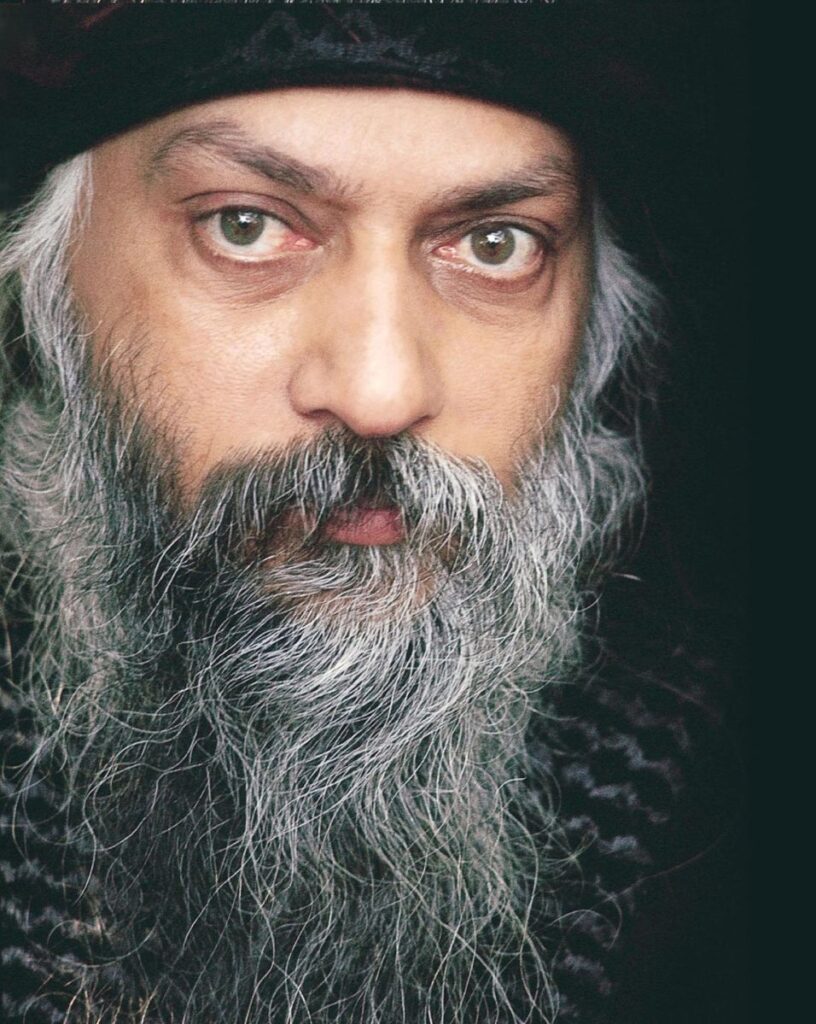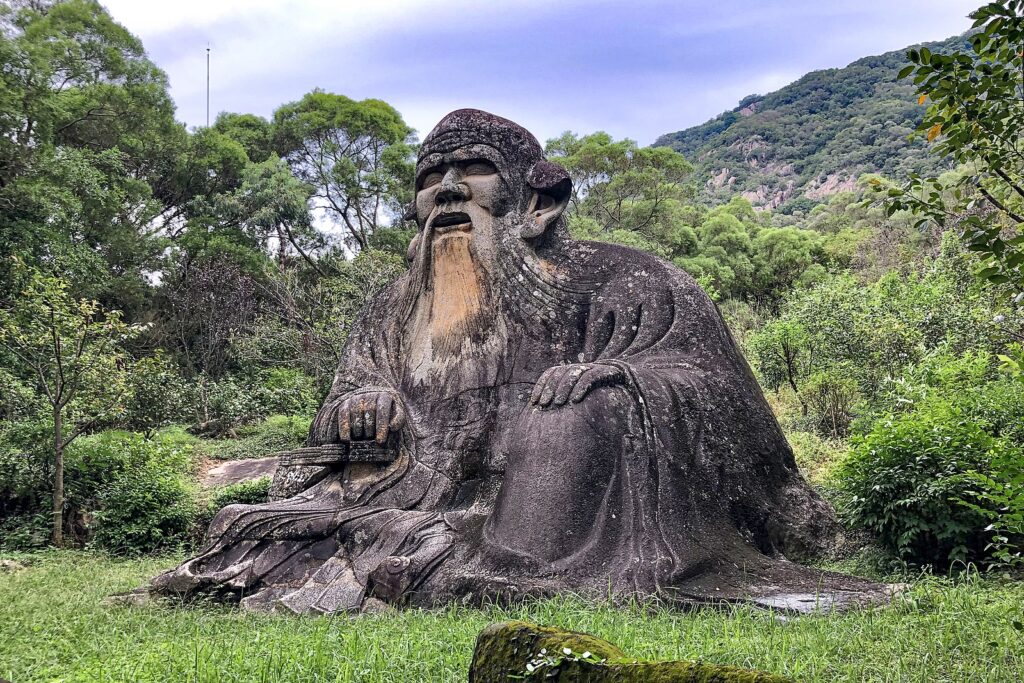There is an ancient story: It is said that an old follower of Lao Tzu, who was 90 years old, was busy pulling water from the well, together with his young son.
Confucius and Lao Tzu were contemporaries. There was as much difference between them as between Aristotle and Lao Tzu. Confucius’ way of thinking is Aristotelian, therefore. the West honoured Confucius very much these last 300 years. It is only now that Lao Tzu is rising in their esteem. This is because Science now finds itself in a strange predicament and is faced with great difficulty.
To continue our story: Confucius happened to pass by. He saw the old man and his young son, yoked together pulling water from the well. He was filled with compassion. He went up to the old man and said: “Do you not know, you foolish fellow, that now we harness horses or oxen to do this job? Why are vou unnecessarily tiring yourself and this young boy?”
The old man said, “Hush! Pray speak softly lest my son hears! Come after some time when my boy goes for lunch.”
Confucius was perplexed. When the youth left, he asked the old man, “Why would you not let your son hear what I said?”
He replied, “I am 90 years old and yet I have the strength to work side by side with a youth of 30. If I engage horses to pull the water, my son will not have the same strength at 90, that I have now. So I pray to you, do not talk of this before my son. It is a question of his health. We have heard that in towns, the horses pull water from the well. We also know that there are machines that do this job as well. But then, what will my son do? What will happen to his health, his constitution?”
What we do on one hand has an immediate effect on the other.
If Lao Tzu is correct, the result will be disastrous. For example: We want to sleep soundly. He who wishes to sleep soundly, is inevitably fond of rest. And he who does not toil, cannot sleep soundly.
Lao Tzu says, “Work and rest are both united. If you wish to relax, toil hard.” Strive so hard that relaxation falls on you. Now if we think the Aristotelian way, work and rest are different and opposite. If I am fond of rest and comfort, and wish to sleep soundly, I shall just sit around the whole day and do nothing. But he who rests in the day destroys his repose of the night. Rest has to be earned through labour. Or else, you shall have to pass a restless night.
Osho in The way of Tao

Acharya Rajneesh (1931-1990), known later as Osho, was an Indian godman, philosopher, mystic and founder of the Rajneesh movement. He was viewed as a controversial religious leader during his life. He rejected institutional religions, insisting that spiritual experience could not be organised into any one system of religious dogma. He advocated meditation and taught a unique form called dynamic meditation. Rejecting traditional ascetic practices, he asked his followers to live fully in the world but without attachment to it. Pic courtesy: https://www.sannyas.wiki
Taoism is a diverse philosophical and religious tradition indigenous to China, emphasising harmony with the Tao (way, road, path or technique). Taoist thought has informed the development of various practices within the Taoist tradition and beyond, including forms of meditation, astrology and feng shui. A common goal of Taoist practice is self-cultivation, a deeper appreciation of the Tao, and more harmonious existence. Taoist ethics emphasise such virtues as effortless action, naturalness, simplicity, and the three treasures of compassion, frugality and humility.

Lao Tzu, or Laozi, was a semi-legendary ancient Chinese philosopher and a revered figure in Chinese culture. He is generally considered the founder of Taoism and author of the Tao Te Ching, the foundational text of Taoism. Lao Tzu is a Chinese honorific, typically translated as “the Old Master.“
Image: Stone statue of Lao Tzu at Qingyuanshan in China.
